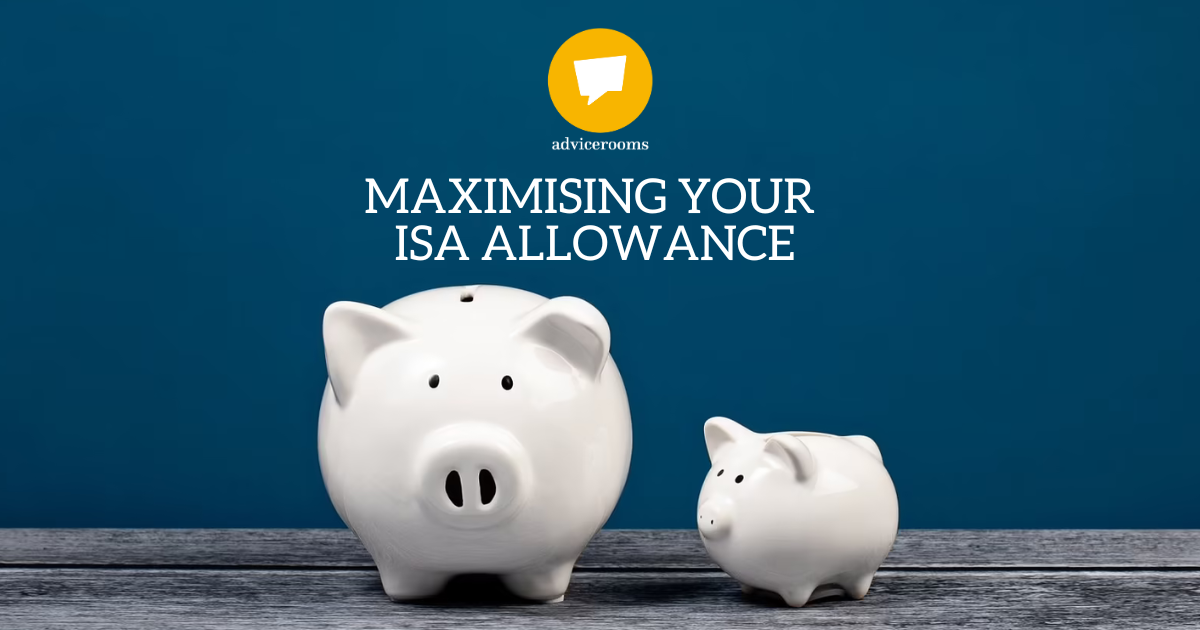
Make the Most of Tax-Free Savings: Cash ISA vs Stocks and Shares ISA
As the end of the tax year is looming, we’re faced with the age-old decision of where to allocate savings. Whether preparing for unforeseen circumstances or simply saving for the future, understanding the right Individual Savings Account (ISA) for your financial goals is essential.
In the UK, ISAs offer a tax-efficient way to save and invest, protecting your money from income and capital gains tax. Each tax year, you have an ISA allowance of £20,000, allowing you to deposit money into ISAs without paying tax on the returns. This allowance can be split between different types of ISAs, including cash ISAs and stocks and shares ISAs. If you’re unsure about your ISA allowance 2024/25, we’re here to help.
Let’s break down the differences between Cash ISAs and Stocks & Shares ISAs
Cash ISA Overview: Cash ISAs come in various forms, offering you different features such as fixed rates and lock-up periods. Whether it’s instant access, notice, or fixed-rate cash ISAs, each variation serves specific needs.
How does a cash ISA work?
You can withdraw money from instant access cash ISAs without prior notice, while notice cash ISAs require you to give notice before withdrawing funds. Fixed-rate cash ISAs offer you a fixed interest rate for a specific period, typically ranging from one to five years. The interest rates on cash ISAs can vary depending on the type and market conditions. Some may offer variable interest rates, while others provide fixed rates.
You have the flexibility to transfer existing cash ISAs from one provider to another without losing the tax-free status of your savings, allowing you to research the market and compare the best cash ISA rates.
What is a stocks and shares ISA?
Stocks and Shares ISA Overview: A stocks and shares ISA offers you the opportunity to invest in a variety of assets, including stocks, shares, investment funds, bonds, and other securities. This variety enables you to build a diversified portfolio tailored to your risk tolerance and investment goals.
How do stock and shares ISAs work?
Within your Stocks and Shares ISA, you can choose different investment strategies. Whether you prefer actively managed funds, where professional fund managers actively select and manage investments to outperform the market, or passive investing through index funds or exchange-traded funds (ETFs), aiming to replicate the performance of a specific market index.
When considering stocks and shares ISAs, it’s essential to factor in the fees associated with them, including platform fees, fund management fees, and trading costs. These fees can vary depending on the provider and investment products chosen. It’s crucial to evaluate the overall cost structure to ensure it aligns with your investment strategy and goals.
Final Thoughts
Are you wondering how to transfer stocks and shares ISAs or cash ISAs? It’s important to remember that you can move them from one provider to another without losing the tax-efficient status of your investments. This flexibility allows you to switch providers or adjust your investment strategy as needed, without incurring tax penalties.
Ultimately, the choice between Cash ISAs and Stocks and Shares ISAs depends on factors such as your risk tolerance, investment goals, and financial objectives. By carefully evaluating these factors and understanding the features of each ISA type, you can make informed decisions to optimise your savings and investments for the future.
If you find yourself uncertain about which ISA option is best suited to your needs, don’t hesitate to seek advice from a financial adviser or reach out to one of the Advice Rooms team who can provide bespoke guidance based on your circumstances and help you make the most informed decisions possible.
For more on financial industry insights, company news, guest experts and more, head over to the Advice Rooms Classroom.








